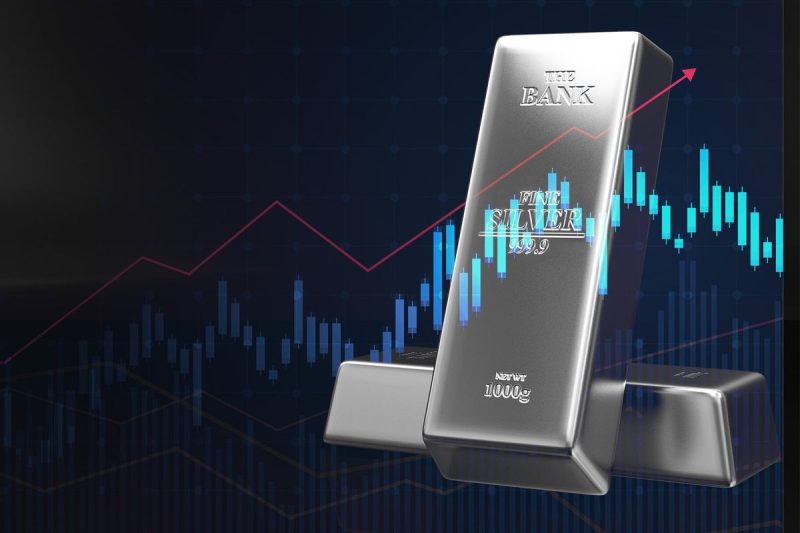Investing in Silver Bullion: A Sound Financial Decision?
The decision to invest in precious metals has long been a topic of debate among investors seeking to diversify their portfolios. While gold has historically been the go-to choice for many, silver has also gained popularity as an attractive investment option. Silver bullion, in particular, has emerged as a viable option for investors looking to hedge against economic uncertainties and volatile markets. But is investing in silver bullion really a sound financial decision?
Supply and Demand Dynamics
One of the primary factors that make silver bullion an appealing investment is its unique supply and demand dynamics. Unlike other precious metals, silver has a wide range of industrial applications, ranging from electronics and solar panels to medical devices and jewelry. This industrial demand for silver creates a significant market for the metal, driving up its value and price over time.
Furthermore, the supply of silver is limited, with most of it being consumed in industrial processes rather than being recycled or reused. As a result, any disruptions in the supply chain can lead to shortages and price fluctuations, making silver bullion a valuable asset for investors seeking to capitalize on market uncertainties.
Inflation Hedge and Store of Value
Silver bullion is often considered a reliable hedge against inflation and a store of value. In times of economic turmoil or currency devaluation, precious metals like silver tend to retain their value and even appreciate in price. This makes silver bullion an attractive option for investors looking to protect their wealth and assets from the erosive effects of inflation.
Moreover, silver bullion is a tangible asset that can be easily bought, sold, and stored. Unlike stocks, bonds, or currencies, silver bullion provides investors with a physical store of wealth that is not subject to the whims of financial markets or geopolitical events. This makes silver bullion a secure and reliable investment option for those looking to diversify their portfolios and safeguard their wealth.
Volatility and Risks
While investing in silver bullion offers a range of benefits, it also comes with its own set of risks and challenges. Like any other commodity, the price of silver is subject to supply and demand dynamics, market speculation, and global economic factors. This volatility can result in sudden price swings and fluctuations, making silver bullion a relatively risky investment compared to traditional assets like stocks or bonds.
Furthermore, storing and securing physical silver bullion can be costly and cumbersome, especially for large quantities. Investors must factor in storage fees, insurance costs, and security measures when considering investing in silver bullion, which can eat into potential profits or returns.
Conclusion
In conclusion, investing in silver bullion can be a sound financial decision for those looking to diversify their portfolios, hedge against inflation, and protect their wealth from economic uncertainties. With its unique supply and demand dynamics, silver bullion offers investors a valuable asset that can appreciate in value over time. However, it is essential for investors to consider the risks and challenges associated with investing in silver bullion, such as price volatility and storage costs, before making any investment decisions. By weighing the potential benefits and risks, investors can determine whether silver bullion is the right investment choice for their financial goals and objectives.
